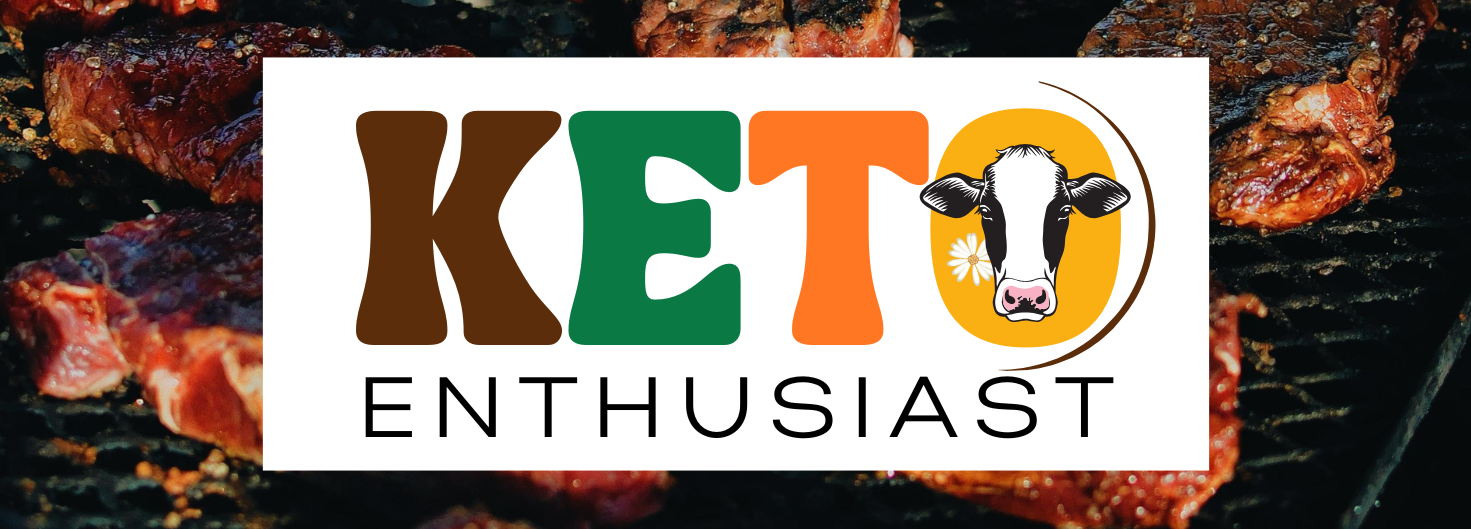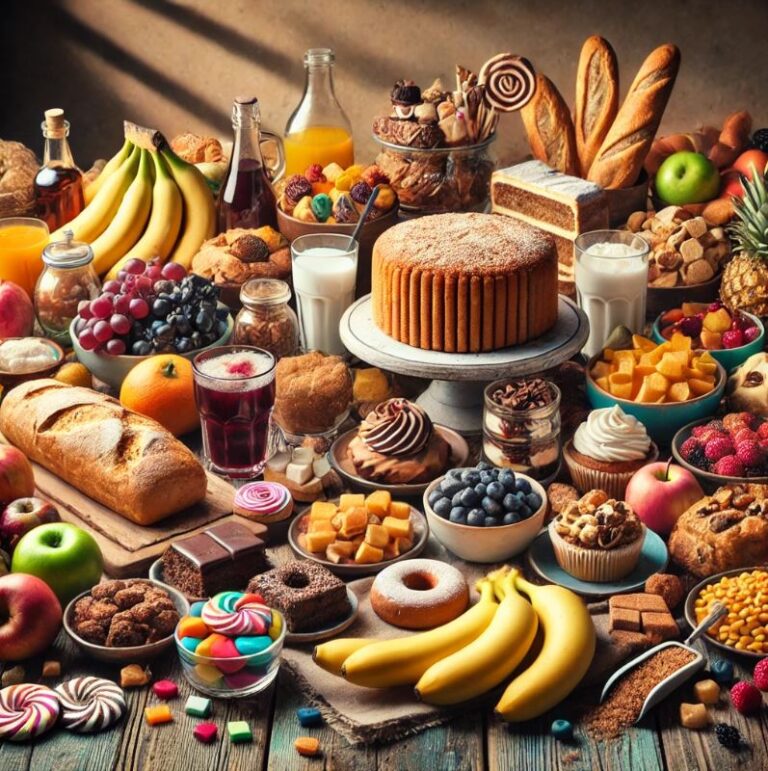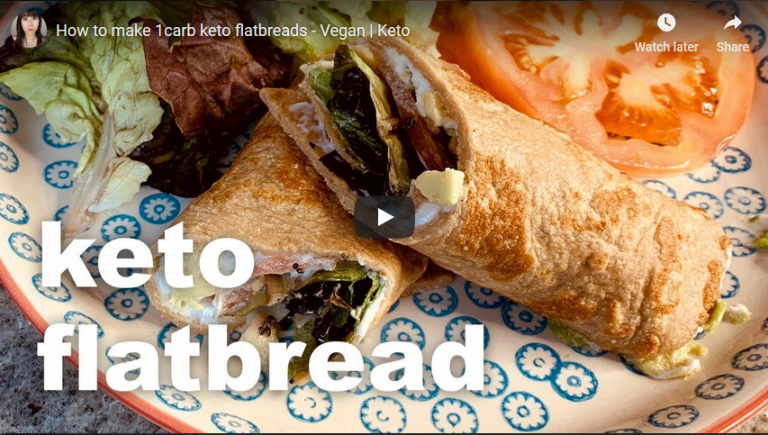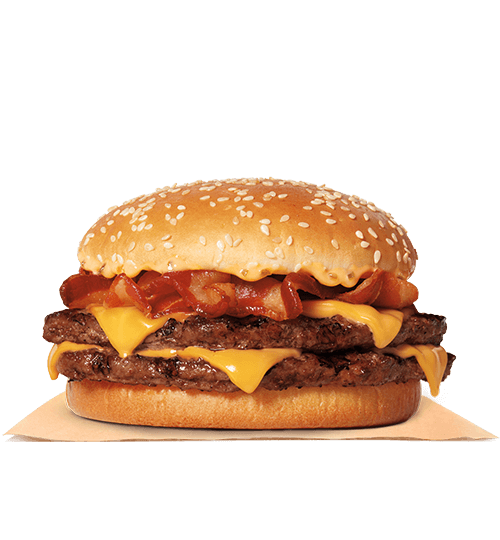Many health and fitness enthusiasts, as well as those trying to drop a few pounds, have adopted the keto diet. But an eating plan that requires 80% of daily calories come from fat begs the question: Keto – where to get fiber? And it’s a valid concern. I’ve tried both animal-based and plant-based versions of the diet and when carbohydrates, or plant foods, are restricted in an eating plan, getting sufficient fiber can be a challenge.
The best sources of fiber on a keto diet come from low-carb, nutrient-dense plant sources. Some of the best fiber-rich options include items such as; almonds, artichokes, asparagus, avocados, bell pepper, blackberries, broccoli, Brussels Sprouts, cabbage, cauliflower, chia seeds, coconut, collard greens, eggplant, flax seeds, green beans, hazelnuts, kale, leafy greens, macadamia nuts, olives, pecans, pistachios, psyllium husks, pumpkin seeds, raspberries, seaweed, spinach, walnuts, wheat bran, and zucchini.
You might have heard that fiber isn’t important for human health and that there is no established daily dietary requirement for carbohydrates.
Let’s explore those idea a bit.
Why Is Fiber Important In a Human Diet?
 According to this article about The 10 Best Sources of Fiber on the Keto Diet found on Everyday Health dot com, Dana Elia, RDN, an integrative and functional medicine dietitian in Lancaster, Pennsylvania, states that “A poorly planned keto diet is at risk of being deficient in fiber.” She goes on to say that dietitians frequently see patients who complain of constipation when they go keto.
According to this article about The 10 Best Sources of Fiber on the Keto Diet found on Everyday Health dot com, Dana Elia, RDN, an integrative and functional medicine dietitian in Lancaster, Pennsylvania, states that “A poorly planned keto diet is at risk of being deficient in fiber.” She goes on to say that dietitians frequently see patients who complain of constipation when they go keto.
But the biggest concern, in my opinion, with eliminating most plants from your diet is the impact such a choice would have on your microbiome and gut bacteria. Your digestive tract is where most of your immune system lives.
This article from The American Council on Science and Health, The Care and Feeding of Your Microbiome, states that “Diet is vital in determining the types of microbiota that live in the colon. A diet based on a variety of food choices can lead to diverse microbiota. Gut microbes increase with a high fiber diet because dietary fiber provides them beneficial nutrients. High fat and low fiber diets are linked to a decrease in overall total bacteria and valuable species.”
So, our own health is closely linked with how well we feed the friendly bacteria living in our gut. And those little guys are definitely concerned about where to get fiber. It’s their primary food source.
Is it True That Carbohydrates Aren’t Necessary for Optimal Health?
In this video, titled The Great Fiber Myth – carnivore enthusiasts, Drs. Shawn Baker and Paul Saladino, claim that humans don’t need worry about where to get fiber in their diet in order to be healthy.
In fact, many in the animal-foods-only movement state that fiber is bad for human digestion and they cite lots of (outdated) studies to support their claims. (I’ll provide links below so that you can do your own research.) But there are also plenty of other studies contradicting these claims in support of a fiber-rich diet. For instance, consider this June 17, 2021 study published in PubMed where a cohort of 307 generally healthy men’s gut microbiomes were examined. The results supported the researchers expectation that “a higher intake of dietary fiber is associated with a decreased risk of chronic inflammatory diseases such as cardiovascular disease and inflammatory bowel disease.”
To that end, let’s explore which plant foods are both low in carbohydrate, high or sufficient in dietary fiber, and will support your overall health following a ketogenic diet.
Best Plant Sources for Where to Get Fiber on the Keto Diet
The following is a breakdown of fiber, carbohydrates, and net carbs per 100g serving of each food.
*Almonds: raw – 597 kcal, 53g fat, *22g protein, 19g total carbs, 12g fiber = 7g net carbs
Artichokes – 47 kcal, 0.15g fat, 3.27g protein, 10.5g total carbs, 5.4g fiber = 5.1g net carbs
Asparagus – 23 kcal, 0.2g fat, 2g protein, 4.5g total carbs, 2g fiber = 2.5g net carbs
Avocados – 160 kcal, 14.66g fat, 2g protein, 8.53g total carbs, 6.7g fiber = 1.83g net carbs
Bell Pepper – 20 kcal, 0g fat, 1g protein, 5g total carbs, 2g fiber = 3g net carbs
Blackberries – 43 kcal, 0.49g fat, 1.39g protein, 9.61g total carbs, 5.3g fiber = 4.31g net carbs
Broccoli – 35 kcal, 0.41g fat, 2.38g protein, 7.18g total carbs, 3.3g fiber = 3.88g net carbs
Brussels Sprouts- 45 kcal, 0g fat, 3g protein, 9g total carbs, 4g fiber – 5g net carbs
Cabbage – 25 kcal, 0.1g fat, 1.3g protein, 3.6g total carbs, 2.2g fiber = 1.4g net carbs
Cauliflower – 25 kcal, 0.28g fat, 1.92g protein, 4.97g total carbs, 2.0g fiber = 2.97g net carbs
**Chia Seeds – 486 kcal, 30.74g fat, 16.54g protein, 42.12g total carbs, 34.4g fiber = 7.72g net carbs
*Coconut Meat – 660 kcal, 56g fat, 16g protein, 11.2g total carbs, 9.2g fiber = 2g net carbs
**Coconut Flour – 411 kcal, 9g fat, 19g protein, 63g total carbs, 39g fiber = 24g net carbs
Collard Greens – 36 kcal, 0g fat, 3g protein, 6g total carbs, 3g fiber = 3g net carbs
Eggplant – 27 kcal, 0.2g fat, 1.4g protein, 6g total carbs, 3.3g fiber = 2.7g net carbs
**Flax Seeds – 566 kcal, 42g fat, 18g protein, 29g total carbs, 27.27g fiber = 1.73g net carbs
Green Beans – 31 kcal, 0g fat, 2g protein, 7g total carbs, 3g fiber = 4g net carbs
*Hazelnuts – 628 kcal, 61g fat, 15g protein, 16.7g total carbs, 9.7g fiber = 7g net carbs
Kale – 47 kcal, 0.7g fat, 3.2g protein, 8.9g total carbs, 3.2g fiber = 5.7g net carbs
*Macadamia Nuts – 718 kcal, 76g fat, 8g protein, 14g total carbs, 8g fiber = 6g net carbs
Parsley – 36 kcal, 0.79g fat, 2.97g protein, 6.33g total carbs, 3.3g fiber = 3.03g net carbs
*Pecans – 691 kcal, 72g fat, 9.2g protein, 13.9g total carbs, 9.6g fiber = 4.3g net carbs
*Pistachios – 569 kcal, 45.8g fat, 21.1g protein, 27.6g total carbs, 10.3g fiber = 17.3g net carbs
**Psyllium Husks – 350 kcal, 0g fat, 0g protein, 80g total carbs, 80g fiber = 0g net carbs
Pumpkin Seeds – 677 kcal, 57.9g fat, 35.2g protein, 17.4g total carbs, 7.7g fiber = 10.3g net carbs
Raspberries – 58 kcal, 0.8g fat, 0.12g protein, 13.6g total carbs, 7.2g fiber = 6.2g net carbs
Seaweed – 43 kcal, 1g fat, 2g protein, 10g total carbs, 1g fiber = 9g net carbs
Spinach – 23 kcal, 0g fat, 3g protein, 4g total carbs, 2g fiber = 2g net carbs
Walnuts – 654 kcal, 65g fat, 15g protein, 14g total carbs, 7g fiber = 7g net carbs
Wheat Bran – 356 kcal, 10.64g fat, 6.24g protein, 62.92g total carbs, 9.32g fiber = 53.6g net carbs
Zucchini – 15 kcal, 0.36g fat, 1.14g protein, 2.69g total carbs, 1g fiber = 1.69g net carbs
The Blue Zone People Know Where to Get Fiber
While there is plenty of confusion and misinformation in the weight-loss and health and wellness community, one thing is incontrovertible; populations with the largest number of centenarians (people who live to 100 years of age and beyond), world-wide, consume a diet that is centered around whole plant foods. These communities have come to be known as The Blue Zones; Ikaria, Greece, Loma Linda, California, Sardinia, Italy, Nikoya, Costa Rica, and Okinawa, Japan.
This excerpt from NPR gives us some insight – “Why should we pay attention to what the people in the relatively isolated Blue Zone communities eat? Because, as National Geographic explorer and author, Dan Buettner writes, their more traditional diets harken back to an era before we Americans were inundated with greasy fast food and sugar. And to qualify as a Blue Zone, these communities also have to be largely free of afflictions like heart disease, obesity, cancer and diabetes. So clearly they’re doing something right.”
The article goes on to explain that these centenarians “Eat mostly plants, especially beans. And eat meat rarely, in small portions of 3 to 4 ounces. Blue Zoners eat portions this size just five times a month, on average.”
In Conclusion
So, if living a healthy, long life is central to our dietary choices, then it’s clear we need to include lots of whole plant foods in our eating plan. And where to get fiber in our keto lifestyle is an important factor to consider as we plan for optimal weight, health, and overall fitness.
If you enjoyed this post you’ll probably like this one about Plant Based Keto – Is It Possible? Is It Healthy?
References
The Great Fiber Myth video –
References mentioned by Paul Saladino –
Fed Proc. 1981, Jul; 40(9):2337-42
Role of dietary fiber in diverticular disease and color cancer.
Talbot JM.
https://pubmed.ncbi.nlm.nih.gov/6265284/
—
Nutrients. 2017 Feb; 9(2): 161
Published online 2017 Feb 20. doi: 10.3390/nu9020161
Role of Fiber in Symptomatic Uncomplicated Diverticular Disease: A Systemic Review
Marilia Carabotti, Brunoo Annibale, Carola Severi, and Edith Lahner
https://pubmed.ncbi.nlm.nih.gov/28230737/
—
Effect of dietary fiber on constipation: a meta analysis
https://pubmed.ncbi.nlm.nih.gov/23326148/
—
Stopping or reducing dietary fiber intake reduces constipation and its associated symptoms
https://www.ncbi.nlm.nih.gov/pmc/articles/PMC3435786/
—
Healthy User and Related Biases in Observational Studies of Preventive Interventions: A Primer for Physicians
http://vaccinepapers.org/wp-content/uploads/Healthy-User-and-Related-Biases-in-Observational-Studies-of-Preventive-Interventions.pdf
—
UK Shopper’s Study –
Mortality in British vegetarians
Imperial Cancer Research Fund
https://pubmed.ncbi.nlm.nih.gov/19297458/
References mentioned by Shawn Baker –
Dietary fibre basics: Health, nutrition, analysis, and applications
Is Dietary Fiber Considered an Essential Nutrient?
Jill Balla Kohn, MS, RDN, LDN, of the Academy of Nutrition and Dietetics’ Knowledge Center Team, Chicago, IL
https://jandonline.org/article/S2212-2672(15)01743-8/pdf
—
A High-Fiber Diet Does Not Protect Against Asymptomatic Diverticulosis
https://pubmed.ncbi.nlm.nih.gov/22062360/
—
Other References –
No effect of 600 grams fruit and vegetables per day on oxidative DNA damage and repair in healthy nonsmokers
https://pubmed.ncbi.nlm.nih.gov/14578137/





Leave a Reply
You must be logged in to post a comment.